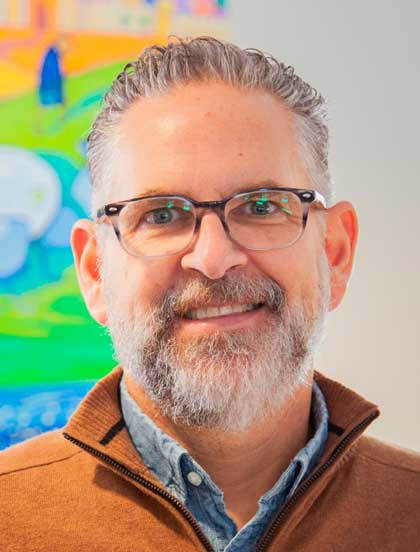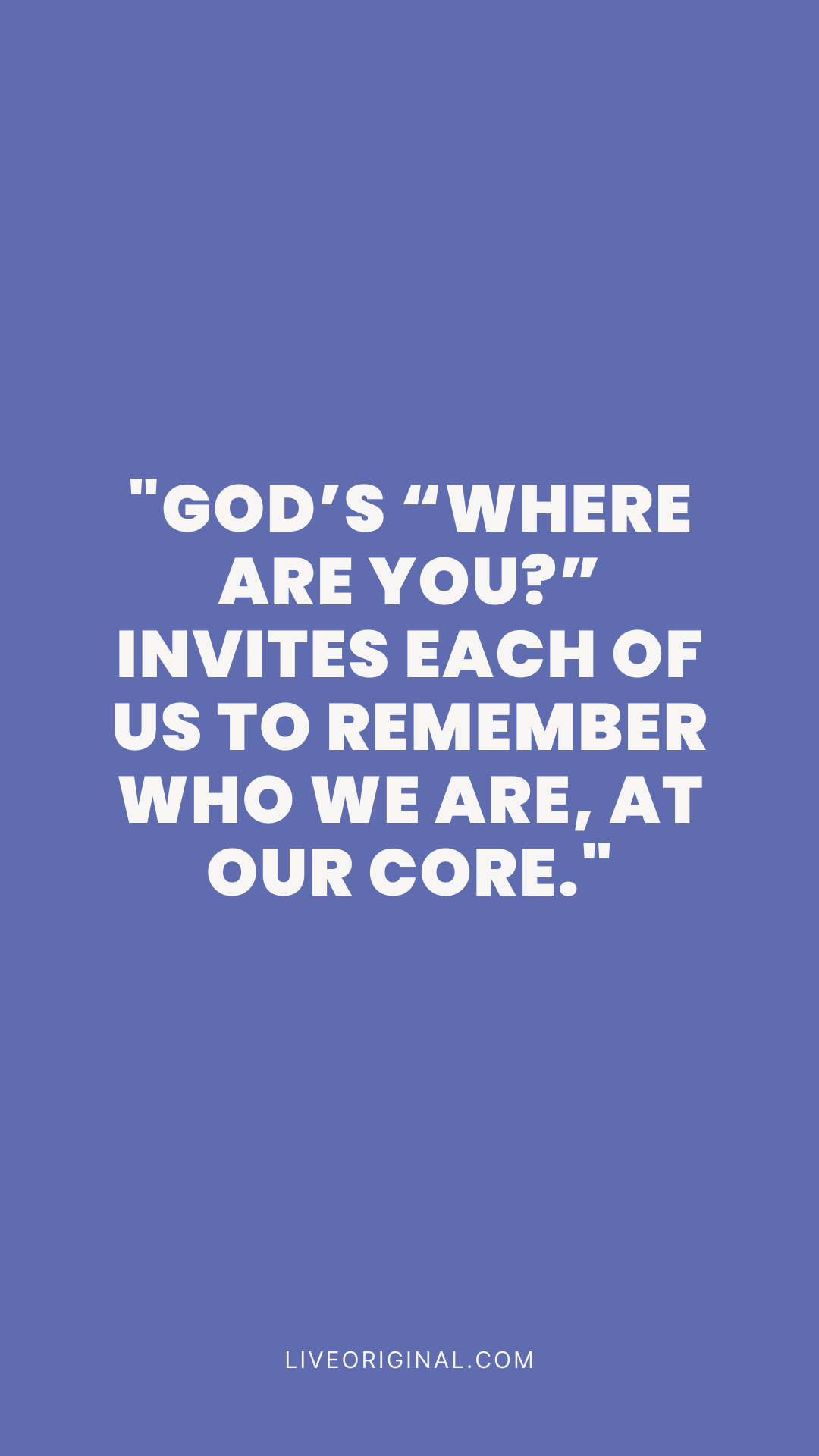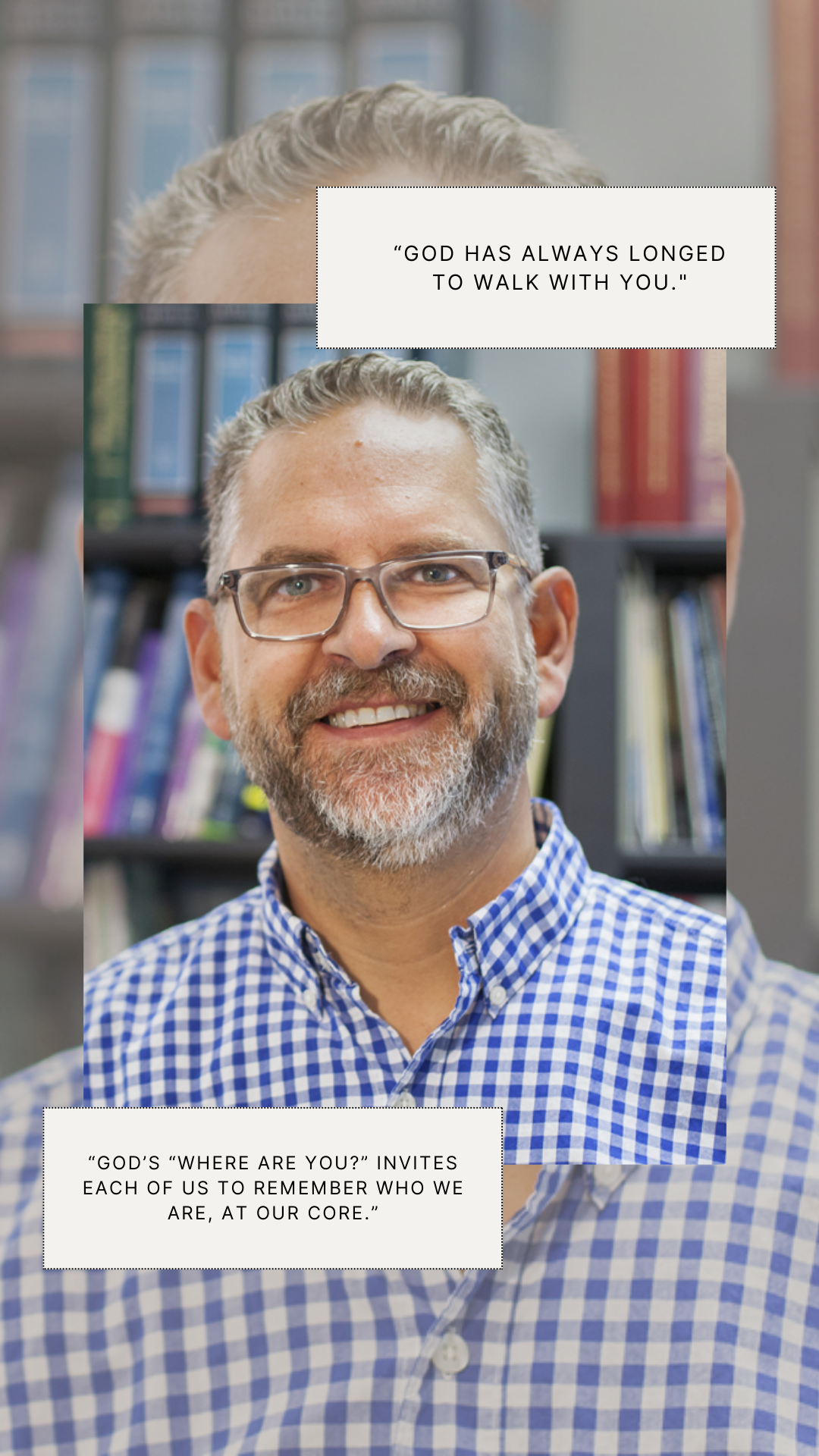
Attending to the Healing Within
People who’ve seen me for soul care over the years know that I sometimes begin a session with a simple question: “Where do you find yourself today?” The question varies and shifts, but it’s an echo of that very first question God asks in Genesis 3. It’s an invitation to become curious about what’s happening within. It’s an invitation to return and retune, to awaken to the ancient whisper of love amidst the ache of alienation.
Some will tell me that it’s been a good week, but after a bit of reflection, they recognize that they’ve merely been distracted from what’s been simmering within. Others might share that they just don’t know, that life has been a blur, that they’re not entirely sure where they are or what’s stirring inside of them. Still others have not had time to consider where they are because they’ve been attending to everyone and everything around them. Many of us don’t know how lost we are. We’ve become habituated to a life of disconnection. We’ve developed a tragic case of amnesia, forgetting our original goodness and glory, far from home and without a map to guide us.
Indeed, it’s true that we’re disconnected, in part, because we’ve walled ourselves off to what’s happening within. But it’s also the case that we’ve lost track of who we were created to be, our divine design, God’s unique image within us with its possibility for fullness and flourishing in our lives.
And to understand how we’ve lost track of ourselves, we need to be reminded of where we began.
The Bible begins in connection, two chapters offering a glimpse of the glorious joy and intimacy God enjoyed with Adam and Eve. This life of goodness, this overflow of divine love, this is what we were made for, the imprint of God’s image deeper than any traumatic imprint we’ll ever encounter. To bear the image of God (Genesis 1:27) is to experience, at your core, an irrevocable inheritance of worth, belonging, and purpose.4
To live freely and fully from here is to know that you were created for deep worth—that you’ve been uniquely designed for dignity, that God delights in you, that you are enough, at your core.5 It is to know that you were created for belonging—God the Trinity creates you for union and communion, for interdependence and intimacy, with God, each other, and creation. And it is to know that you are created for purpose—stamped with God’s image, which means that wherever you go, you go in the name of God, called by God, as an ambassador of God’s shalom. This is your divine imprint, your deepest core, your impermeable identity, your irrevocable gift. This is the better and more hopeful story you’ve been designed for.
The Bible begins here, and this is where your story begins too. God has always longed to walk with you, even to make his home within you, closer to you than you are to yourself, as St. Augustine once said.6 He’s always wanted more for you than what you too often settle for. And our age-old dilemma is rooted in our inability to trust this goodness. It all goes back to that ancient tale.
“Every man has forgotten who he is,” wrote the great English writer and philosopher G. K. Chesterton. “We are all under the same mental calamity; we have all forgotten our names. We have all forgotten what we really are.”7 Sometimes the fog is so thick and the storms so intense that we lose our bearings.
But God goes looking, longing for us to come home.
Amidst Adam and Eve’s ruptured relationship, God’s first move is toward reconnection. “Where are you?” comes a voice, kind and longing.
At first glance, the question might seem silly to you. Of course, God knows where Adam and Eve are. But perhaps God wants them to recognize how hidden they are and how far they’ve ventured away. Perhaps God hopes they’ll awaken with a new curiosity and maybe even a new hunger for home. And perhaps God wants the same for you.
God goes out looking for you, like any parent of one who is lost, like a compassionate father heartsick for his prodigal child. God’s kind “Where are you?” invites you to pay attention to what’s happening within, to attend to the storms that churn and the fog that dulls, disorienting and disconnecting you. And this requires courage. Too many of us grew up being taught to evade and avoid our ache, to be strong, to suffer alone. Too many of us are offered a faith story that minimizes the pain, that ignores our sense of alienation from ourselves and one another, that even cheapens the reality of God’s compassion in our profound need. But God’s “Where are you?” also invites each of us to remember who we are, at our core.
“The world is not served by those who are alienated from themselves and others, nor by those who in their pain bring pain to others,” writes psychoanalyst James Hollis.8 And yet many of us remain alienated for far too long. We lose track of how long because we’re so busy, distracted, preoccupied, far from God and far from ourselves. We need to be reminded of a better story—that home is nearer than we imagine, that God is whispering from within, “Where are you?”
4. Some noteworthy resources: See Nonna Verna Harrison’s God’s Many-Splendored Image. On worth and dignity, see Richard L. Pratt’s Designed for Dignity. On belonging, see Stanley Grenz’s The Social God and the Relational Self. On purpose, see J. Richard Middleton’s The Liberating Image.
5. “It is not the will of God, however, that we should forget the primeval dignity which he bestowed on our first parents—a dignity which may well stimulate us to the pursuit of goodness and justice.” John Calvin, Institutes of the Christian Religion, book 2, chapter 1.
6. St. Augustine, Confessions (3.6.11), from Nicene and Post-Nicene Fathers, First Series, vol. 1. trans. J. G. Pilkington, ed. Philip Schaff (Buffalo, NY: Christian Literature Publishing Co., 1887), rev. and ed. Kevin Knight, New Advent, https://www.newadvent.org/fathers/110103.htm.
7. G.K. Chesterton, Collected Works, Volume 1 (San Francisco, CA: Ignatius Press, 1986), 35.
8. James Hollis, The Middle Passage (Toronto: Inner City Books, 1993), 99.
Adapted from Healing What’s Within: Coming Home to Yourself—and to God—When You’re Wounded, Weary, and Wandering by Chuck DeGroat. Copyright © 2024. Used by permission of Tyndale House Publishers, a Division of Tyndale House Ministries. All rights reserved.

















